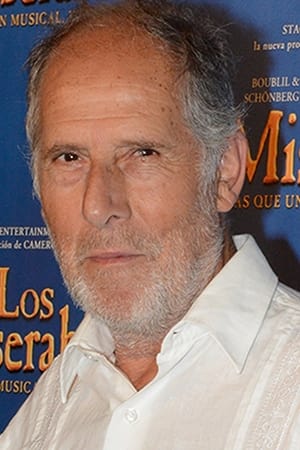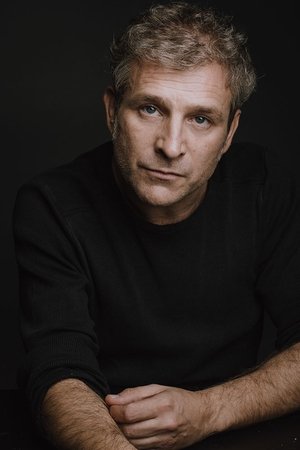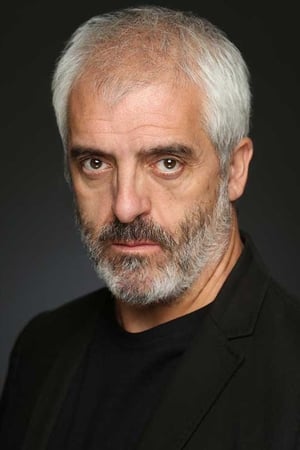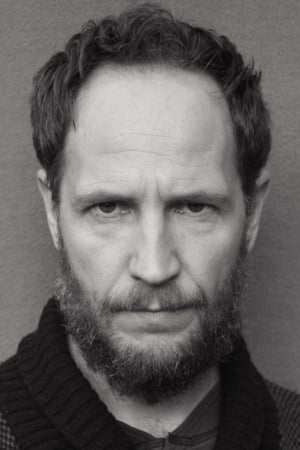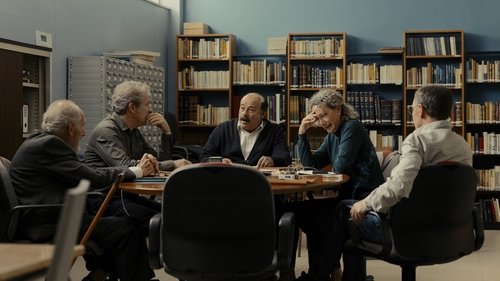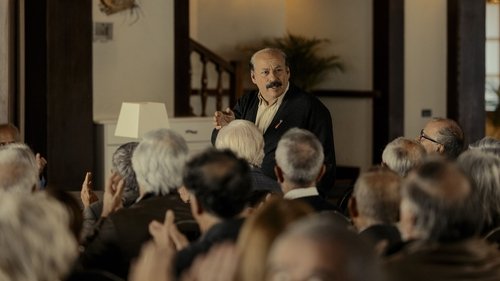
Marco-Hugo Landeta Vacas
9
|
mar. 06, 2025
(CASTELLANO) Algunas historias reales parecen sacadas del cine, y la de Enric Marco es una de ellas. Su vida fue una farsa cuidadosamente construida, y esta película logra capturarla con un pulso narrativo impecable. Lo más interesante no es solo el engaño en sí, sino cómo logra sostenerse durante tanto tiempo.
El mayor acierto de la película es el tono que adopta. No se limita a juzgar al personaje, sino que lo muestra en toda su complejidad, con momentos de humor, tensión y hasta cierta ternura. El guion está muy bien medido, sin subrayados innecesarios, dejando que la historia avance con naturalidad.
Eduard Fernández está simplemente descomunal. No interpreta a Marco, lo encarna. Su mirada, sus gestos, la forma en la que se mueve… todo transmite la esencia de un hombre que vivió en una mentira y convenció a todos. Es de esas actuaciones que elevan una película por completo. Nathalie Poza también aporta solidez con un personaje que, aunque más contenido, juega un papel clave en la historia.
Visualmente, la película es sobria, pero efectiva. No necesita artificios para atrapar al espectador, porque lo que cuenta ya es lo suficientemente potente. El montaje evita seguir una línea temporal rígida, permitiendo que la historia se despliegue con más fluidez. En lugar de dar toda la información de golpe, la película dosifica los detalles, generando tensión y manteniendo el interés del espectador hasta el final.
Lo que deja la película no es solo la historia de un impostor, sino una reflexión sobre cómo la verdad y la mentira pueden entremezclarse hasta volverse indistinguibles. Nos invita a cuestionar hasta qué punto la realidad puede moldearse según lo que queremos creer.
La película no solo reconstruye la farsa de Marco, sino que nos empuja a reflexionar sobre hasta qué punto la verdad puede moldearse según lo que queremos creer. Nos plantea cómo, en ocasiones, una historia bien contada puede pesar más que los hechos.
(ENGLISH) Some real-life stories seem straight out of a movie, and Enric Marco’s is one of them. His life was a carefully crafted deception, and this film captures it with impeccable narrative control. The most fascinating part isn’t just the lie itself, but how it managed to hold up for so long.
The film's greatest strength is its tone. It doesn’t just judge the character—it presents him in all his complexity, with moments of humor, tension, and even a certain tenderness. The screenplay is finely tuned, avoiding unnecessary emphasis and allowing the story to unfold naturally.
Eduard Fernández is simply outstanding. He doesn’t just play Marco; he becomes him. His gaze, gestures, and the way he moves all embody a man who lived within his own lie and convinced everyone around him. It’s the kind of performance that elevates an entire film. Nathalie Poza also adds depth with a character who, while more restrained, plays a crucial role in the story.
Visually, the film is restrained but effective. It doesn’t rely on gimmicks to captivate the audience because its story is powerful enough on its own. The editing avoids a rigid timeline, allowing the story to unfold more fluidly. Instead of revealing everything at once, the film carefully doles out information, building tension and keeping the viewer engaged until the very end.
What lingers after watching is more than just the story of an impostor. The film challenges us to reflect on the fine line between truth and fiction, on how reality can sometimes be shaped by what people choose to believe.
Beyond reconstructing Marco’s deception, the film pushes us to question how far the truth can be bent to fit our perceptions. It explores how, at times, a well-told story can hold more weight than the facts themselves.







